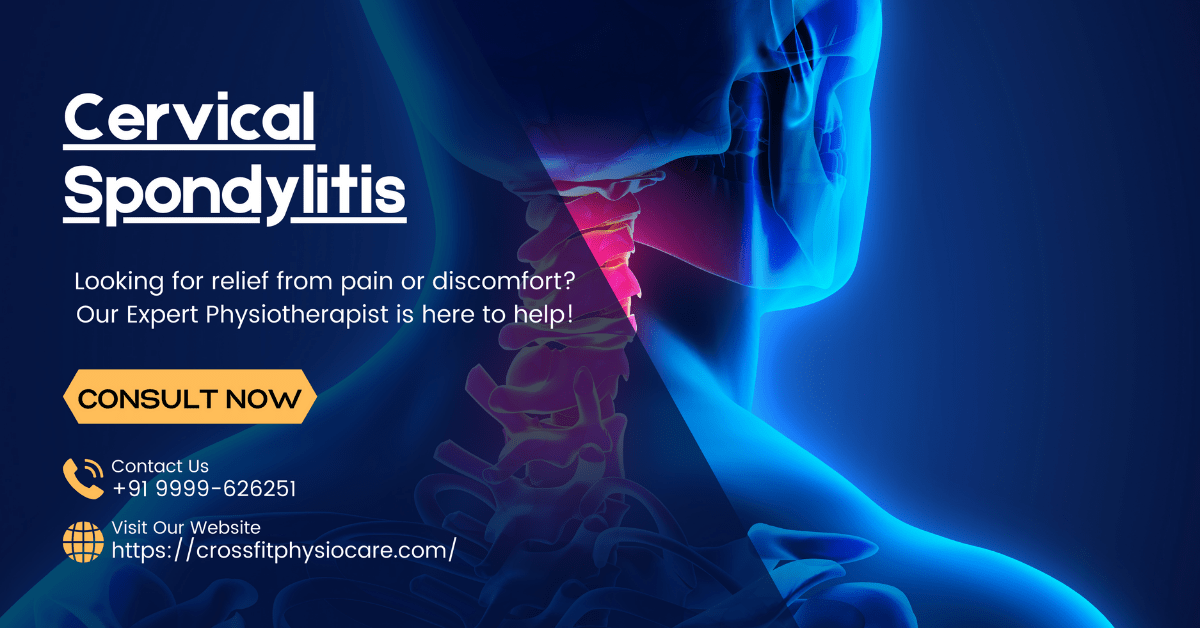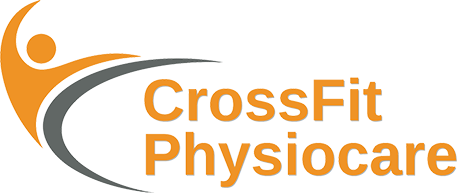
Cervical Spondylitis
Cervical spondylitis, also known as cervical spondylosis or neck arthritis, is a degenerative condition that affects the cervical spine (the neck region). It involves the wear and tear of the spinal discs, vertebrae, and other structures in the neck, leading to various symptoms and discomfort.
Causes of Cervical Spondylitis:
Degeneration: Over time, the discs between the vertebrae may lose moisture and become less flexible, leading to decreased cushioning and height.
Bone Spurs: The body may respond to disc degeneration by forming bony growths (osteophytes) on the edges of vertebrae. These can contribute to narrowing of the spinal canal and nerve root compression.
Ligament Changes: Ligaments that support the spine can become stiff and less elastic, impacting the spine’s range of motion.
Aging: The natural aging process is a primary factor contributing to cervical spondylitis.
Symptoms of Cervical Spondylitis:
Neck Pain: Often described as a dull ache or stiffness in the neck, particularly after activities or in the morning.
Neck Stiffness: Reduced range of motion in the neck, making it difficult to turn or tilt the head.
Headaches: Pain at the base of the skull or radiating to the forehead.
Numbness and Tingling: Sensations of numbness, tingling, or “pins and needles” in the arms, hands, or fingers due to nerve compression.
Muscle Weakness: Weakness in the arms or hands due to nerve compression.
Treatment of Cervical Spondylitis:
Pain Management: Over-the-counter pain relievers or nonsteroidal anti-inflammatory drugs (NSAIDs) can help manage pain and inflammation.
Physical Therapy: Targeted exercises and stretches can help improve neck flexibility, strengthen supporting muscles, and alleviate pain.
Posture Improvement: Practicing good posture and ergonomics can reduce strain on the neck.
Neck Traction: Gentle neck traction may help relieve pressure on the affected discs and nerves.
Heat or Cold Therapy: Applying heat or cold packs can provide relief from pain and muscle tension.
Cervical Collar: Short-term use of a cervical collar can provide support and limit neck movement to aid healing.
If you’re experiencing symptoms of cervical spondylitis, it’s important to consult a healthcare provider for an accurate diagnosis and appropriate treatment recommendations. A healthcare provider can help you manage your symptoms and develop a personalized treatment plan based on your individual needs.
- Daani Plaza E-595-596, 4th Floor, Ramphal Chowk Rd, Block E, Sector 7 Dwarka, New Delhi - 110075
- +91 99996 26251
- support@crossfitphysiocare.com
How can we help you?
If you are looking for the best and nearest physiotherapist, then click below to message us on WhatsApp.
